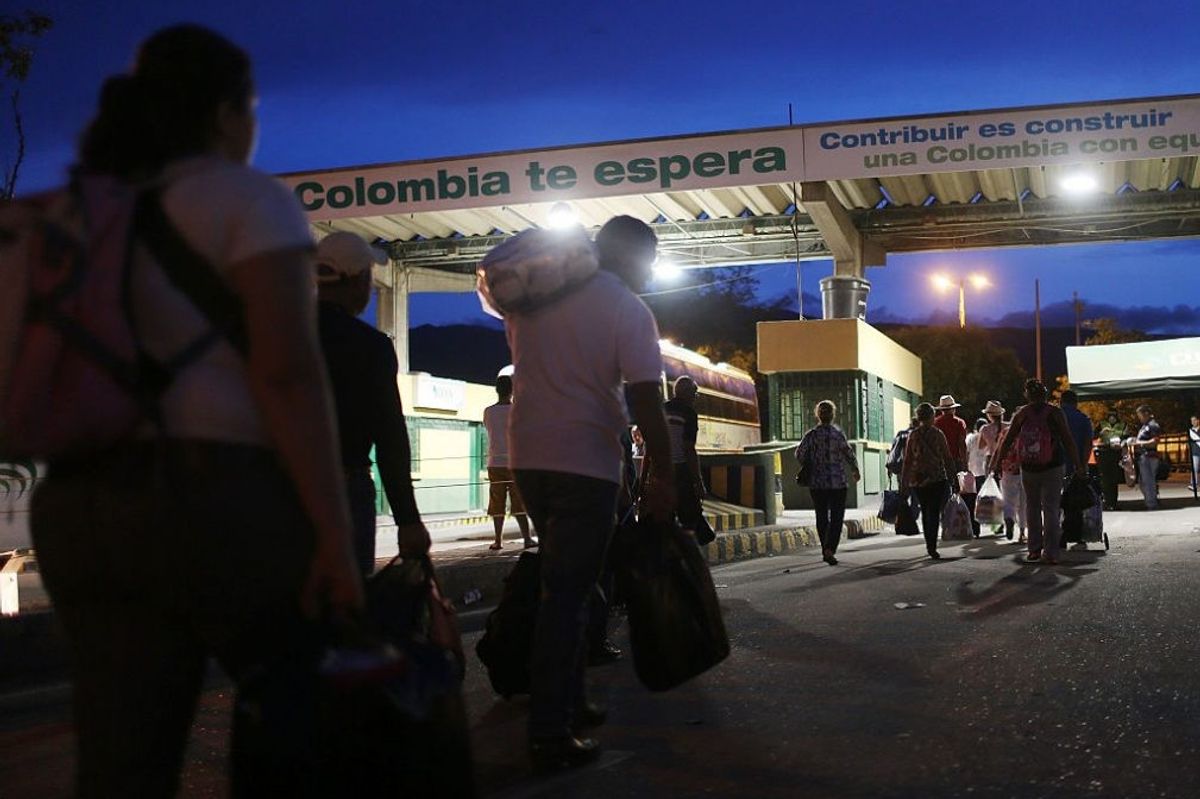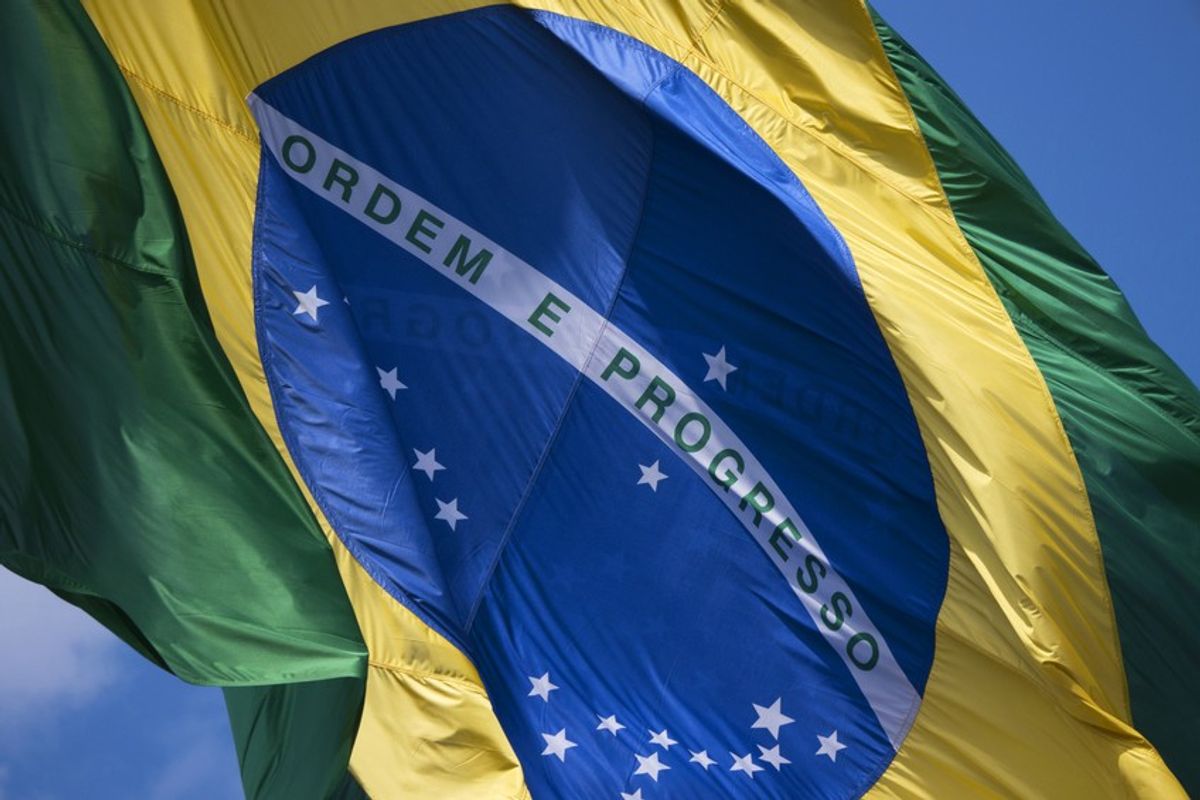Brazil’s Senate has voted 61-20 to remove President Dilma Rousseff from office, finding her guilty of manipulating the country’s budget. Rousseff’s Vice President Michel Temer, who has been the country’s Interim President throughout the impeachment proceedings, will remain President until the end of his term on January 1, 2019. The Cipher Brief’s Kaitlin Lavinder spoke with Paulo Esteves, Director-General of the BRICS Policy Center in Rio de Janeiro, about the next steps in Brazilian politics and the economy. This is an updated version of an interview with Esteves that ran on August 26, 2016.
The Cipher Brief: On August 31, Dilma Rousseff was officially removed from power as the President of Brazil. What are your reactions?
Paulo Esteves: The outcome of the vote is not a surprise. It was expected by everyone. The big news is that in his first speech, Michel Temer announced his willingness to immediately pursue both pension system and labor law reforms. I was expecting that he would pursue these two agendas after the mayoral elections in Brazil in October. But he’s actually pushing for these two reforms right away.
The first reform will probably raise serious opposition from both the trade unions and the middle class that will be affected almost immediately by the pension system reform. With regards to the second reform on labor, it seems that Temer is paying back the support he got from the federation of industries of São Paulo because this reform was a known request from these companies. So it seems to me he is aligning himself with the federation of the industries in São Paulo. Again, these moves will face some resistance within the trade unions and perhaps within the political spectrum that today supports Temer in the Parliament.
Making these moves right after the impeachment and before the next mayoral elections might be a good sign for the market. The real – Brazil’s currency – gained value today, and the market seems to be in a good mood for Temer’s presidency. At the same time, these two reforms might partially erode Temer’s support base in the Parliament.
TCB: In addition to pension and labor reforms, Brazil needs some other major fiscal overhauls. Will Temer face resistance to broader fiscal reform?
PE: He definitely will. But the advantage Temer has vis-a-vis Rousseff is that he managed to build up a majority in the Parliament that will – for some time – support his proposals for reform. But at the same time, in the streets – as long as the financial and economic crisis continues worsening – Temer will face severe opposition. What he has now is two months in which he has to approve through the Parliament a series of economic measures that show the population the situation will get better in a very short amount of time. Otherwise, he’s going to face severe opposition in the streets, and his support from Parliament will be eroded (because the Parliament is already not completely loyal to his position).
This is a major time constraint. Temer spent a lot of money to make Rousseff’s impeachment proceedings go through. Now, he must make some decisions that will affect the population negatively, at least in the short-term. He has the majority in the Parliament to do that, at least for now. But these measures must be sound, effective, and drive the country out of its economic crisis very fast.
TCB: Can the Brazilian economy withstand these reforms?
PE: That’s the main problem. The impeachment process opened up a dynamic in which Temer started to push the impeachment process, to get the presidency. In order to get the presidency, Temer had to gather support in the Parliament, and that cost money. Temer assigned positions to his allies and supported their projects in order to get their support in the Parliament.
While the interim government spent a significant amount of resources to drive the impeachment process, the country was, and is, facing a clear fiscal crisis. Moreover, this expenditure contradicts Temer’s alleged first priority, the fiscal adjustment. Hence, the top priority for this new government – which will be really harsh in terms of Temer’s popularity in the near future – is to get the fiscal adjustment approved by the Parliament. That starts with creating a ceiling of expenditure both in the federal government and at the level of the states. The first measures this government will have to take will be to save money, raise taxes, and so on, which might make the economic crisis even worse than it is now.
TCB: The Olympic Games in Rio de Janeiro just came to an end. Brazil spent quite a bit of money on the Games to build up infrastructure. Who benefits?
PE: In terms of the legacy, I think the Olympic Games were not what we expected in the beginning. The most important legacy that the Games could have given the city is the cleaning of the Guanabara Bay. But this was not done. The Guanabara Bay is still highly polluted – almost nothing has changed since Brazil won the bid for the Games.
There is a series of public works, in terms of transportation in the city, that I think will benefit a large number of citizens in Rio de Janeiro, especially the subway and all the corridors for buses and so on. These investments in infrastructure will definitely make the lives of citizens better.
At the same time, there was a huge project of urban reform for downtown Rio that was supposed to be based on public-private partnerships (PPPs). What this government did not expect was that the country would face a severe economic crisis. So the private investments are not there any longer, or at least not there in the quantity that was expected.
TCB: Often, countries want to host big sporting events in order to gain some sort of international prestige. Do you think this worked for Brazil? And will we see Brazil more engaged on the world stage, for example with more international trade deals?
PE: Let’s divide this into three points. First, I can agree that for certain countries, the Games provide the opportunity to present the country – especially emerging powers – to the world. In the Brazilian case, the Games were partially a need for restoration of reputation, visibility, and recognition and status; but at the same time, it was a project associated with a developmental goal. For the Brazilians, the Olympic Games – and also the World Cup – were an opportunity to mobilize public and private investment in infrastructure that the country needed for quite some time. So if we think about the World Cup, for instance, most of the airports in Brazil are entirely renewed. This was facilitated by the World Cup. In Rio de Janeiro, the transportation network is better than it was before because of all the investments that were mobilized in the city. So the first point is that for some countries – like China – the reason to host these Games is a matter of seeking status. For other countries – like Brazil – it is a matter of seeking status, but also to undertake developmental projects that mobilize public and private resources for infrastructure.
Second, I don’t think Brazil will actually get the recognition its elites wanted at the beginning of this process. But at the same time, the image of the country is not hurt either. So I would say the effect of the Olympics is almost null. This has to do with a few things. The first is the political crisis in the country. The second is the Zika epidemic right before the Games. The third is the economic situation in Brazil that made it especially difficult to put everything together to host these Games. The state of Rio de Janeiro is completely bankrupt. There is no money left in the state (not because of the Games, but because of the fiscal situation). So some of the works that were under the responsibility of Rio de Janeiro were not done for the Olympics. That may hurt the image of the city or the state abroad. At the same time, there is this contrast between negative images – like the green swimming pool – and positive ones, like beautiful pictures of the actually very dirty Guanabara Bay. So one thing balances out another. Brazil neither wins nor loses in terms of recognition.
Third, in terms of trade, following Temer and Foreign Minister José Serra’s leadership, Brazil will engage more effectively in trade negotiations, not only at the World Trade Organization (WTO), but particularly outside the multilateral environment. The interim Brazilian government (under Temer) has already shown some willingness to engage in trade negotiations with the United States and European Union. The problem is not in Brazil, though; the problem now is probably at the U.S and at the EU. As the presidential race unfolds in the U.S., everyone is becoming aware of the difficulties to create the transpacific and the transatlantic trade areas. Brazil might be willing to take part in this kind of trade arrangement, but the international environment is far from conducive to this kind of negotiation.








